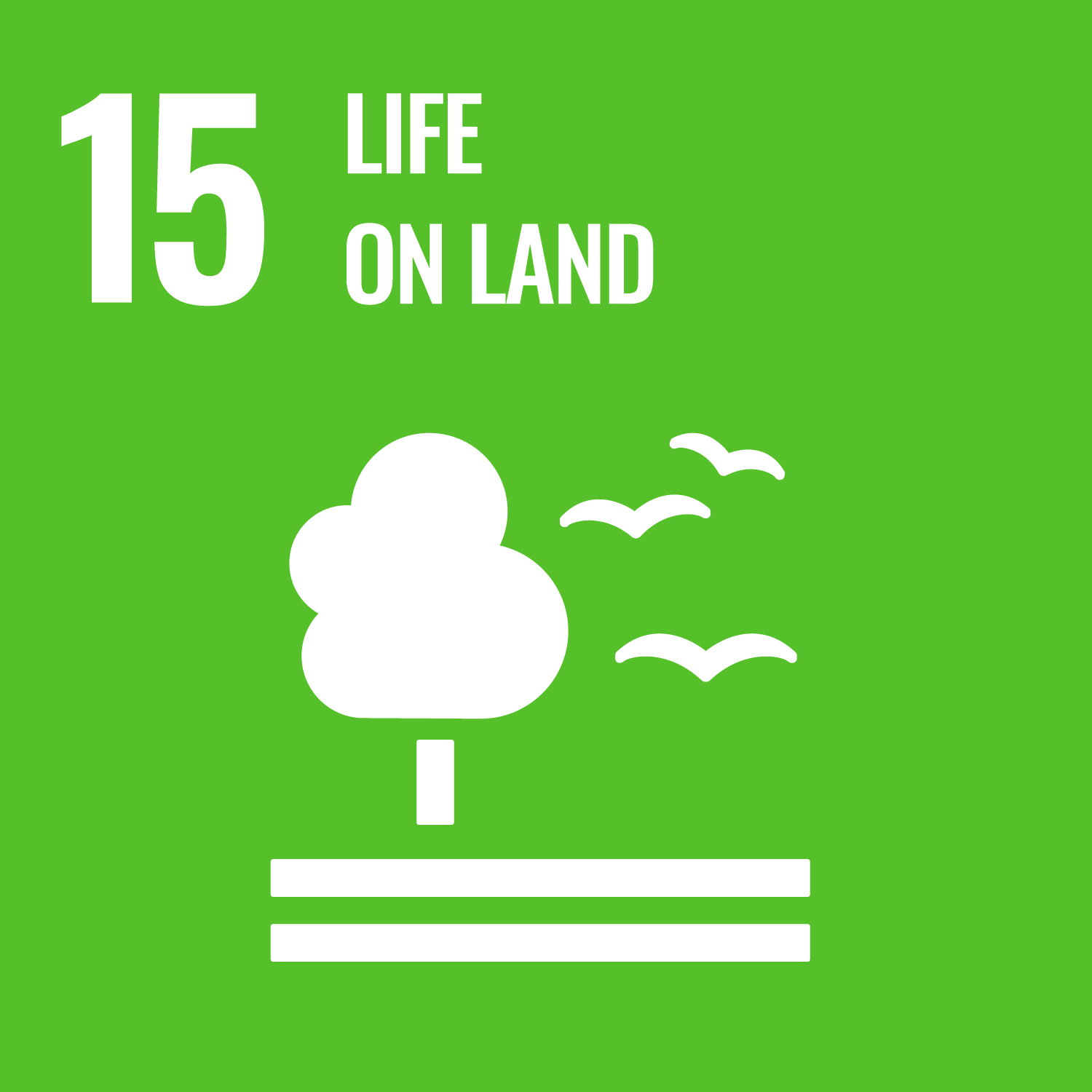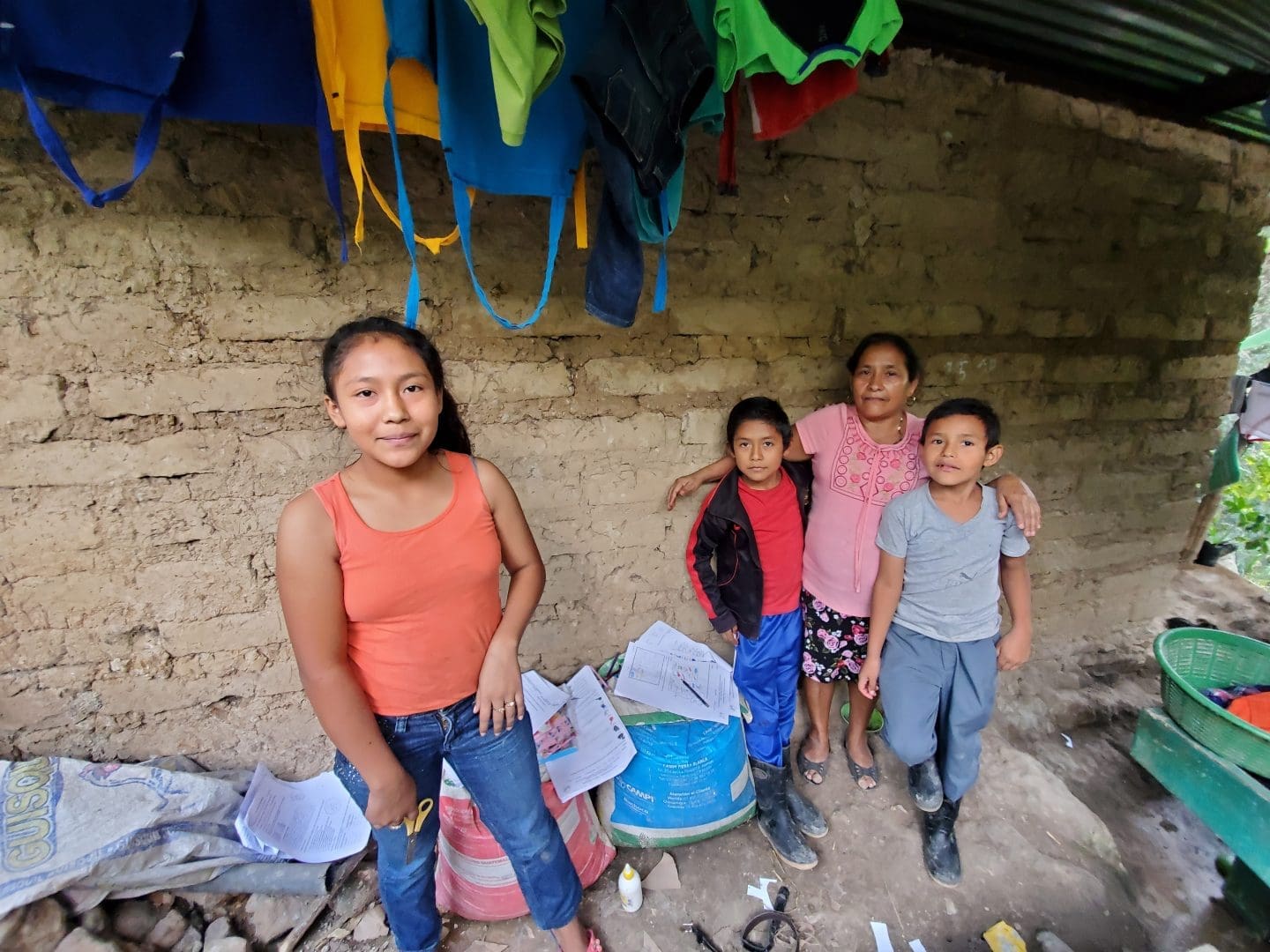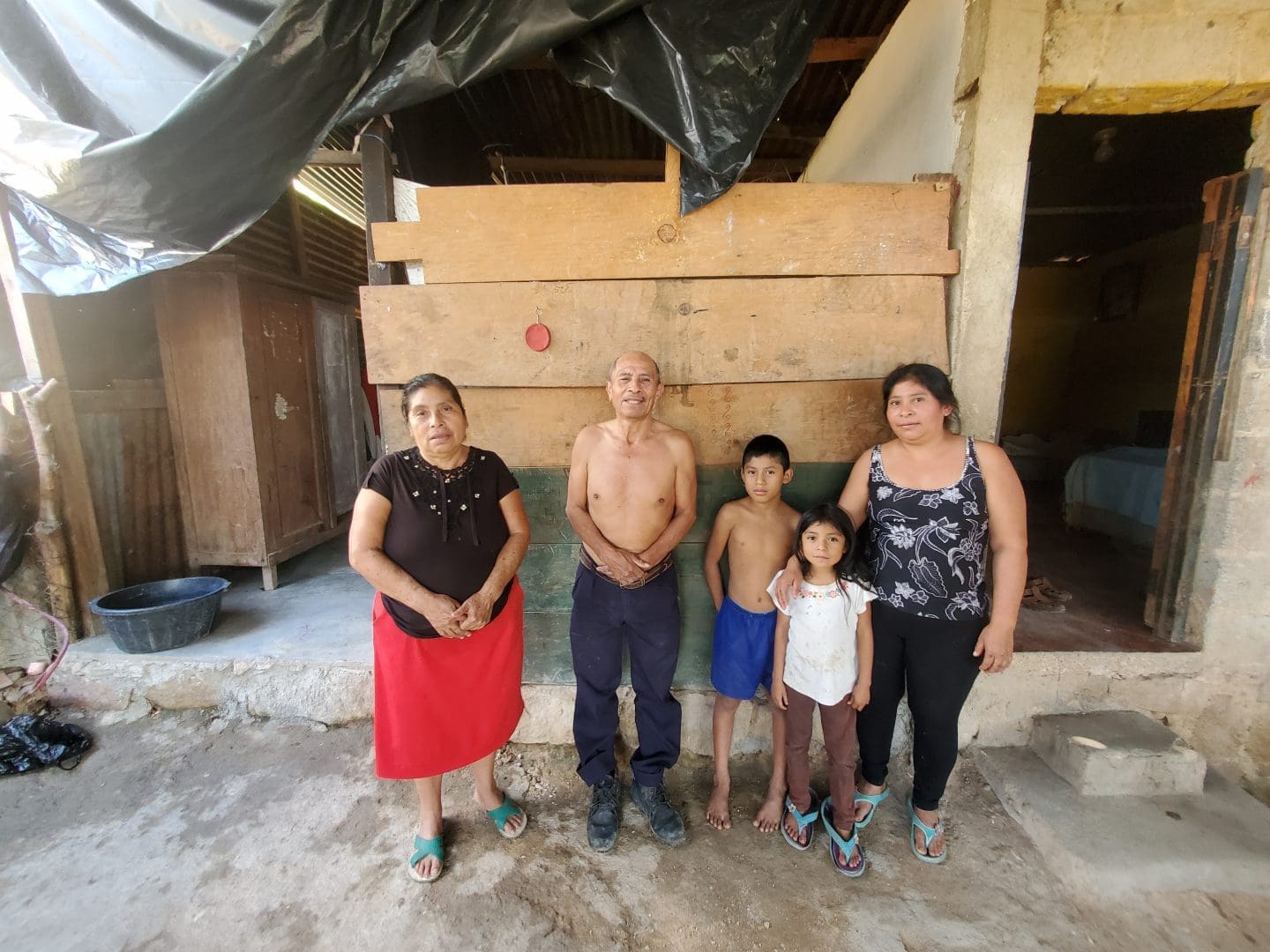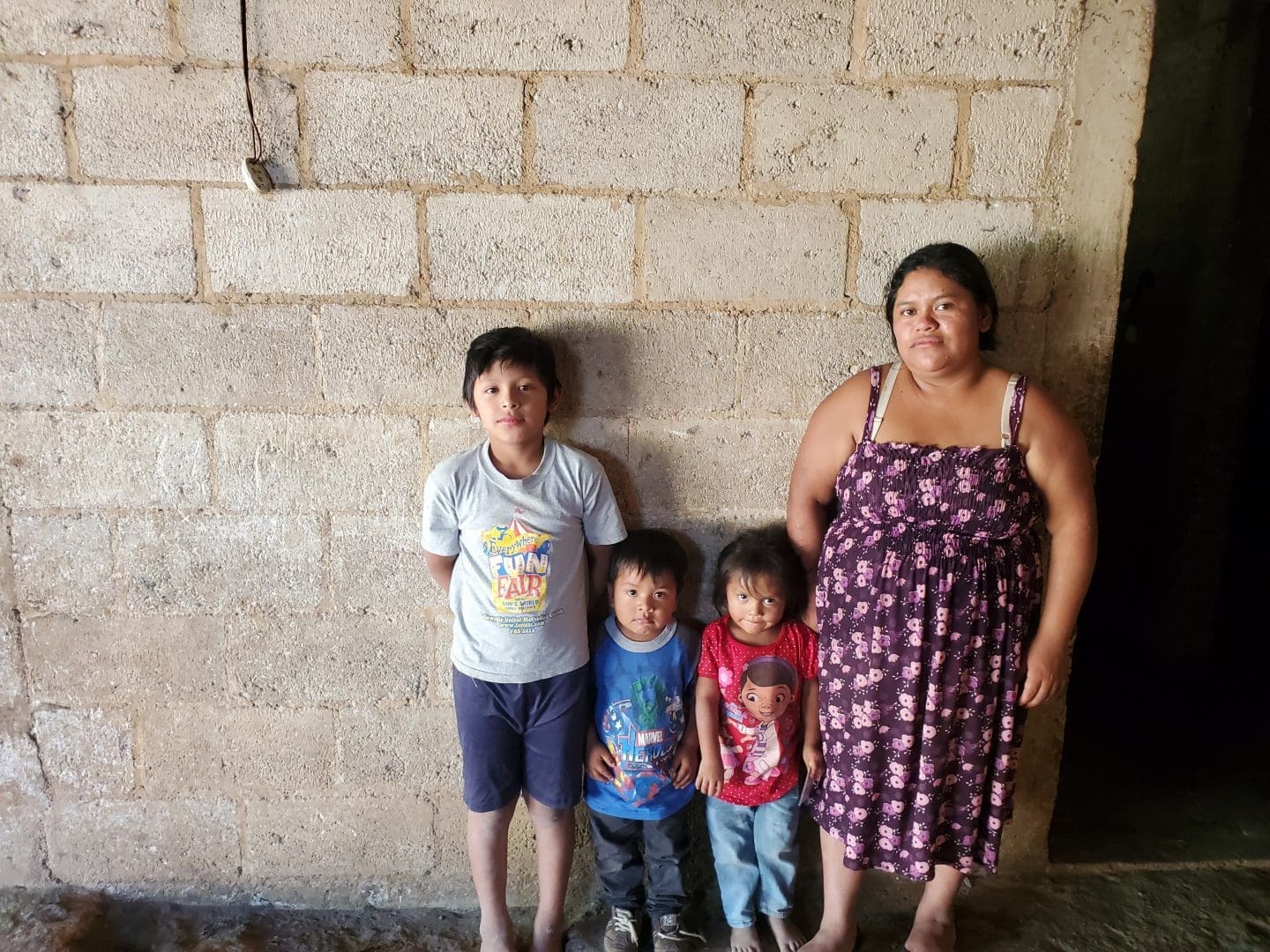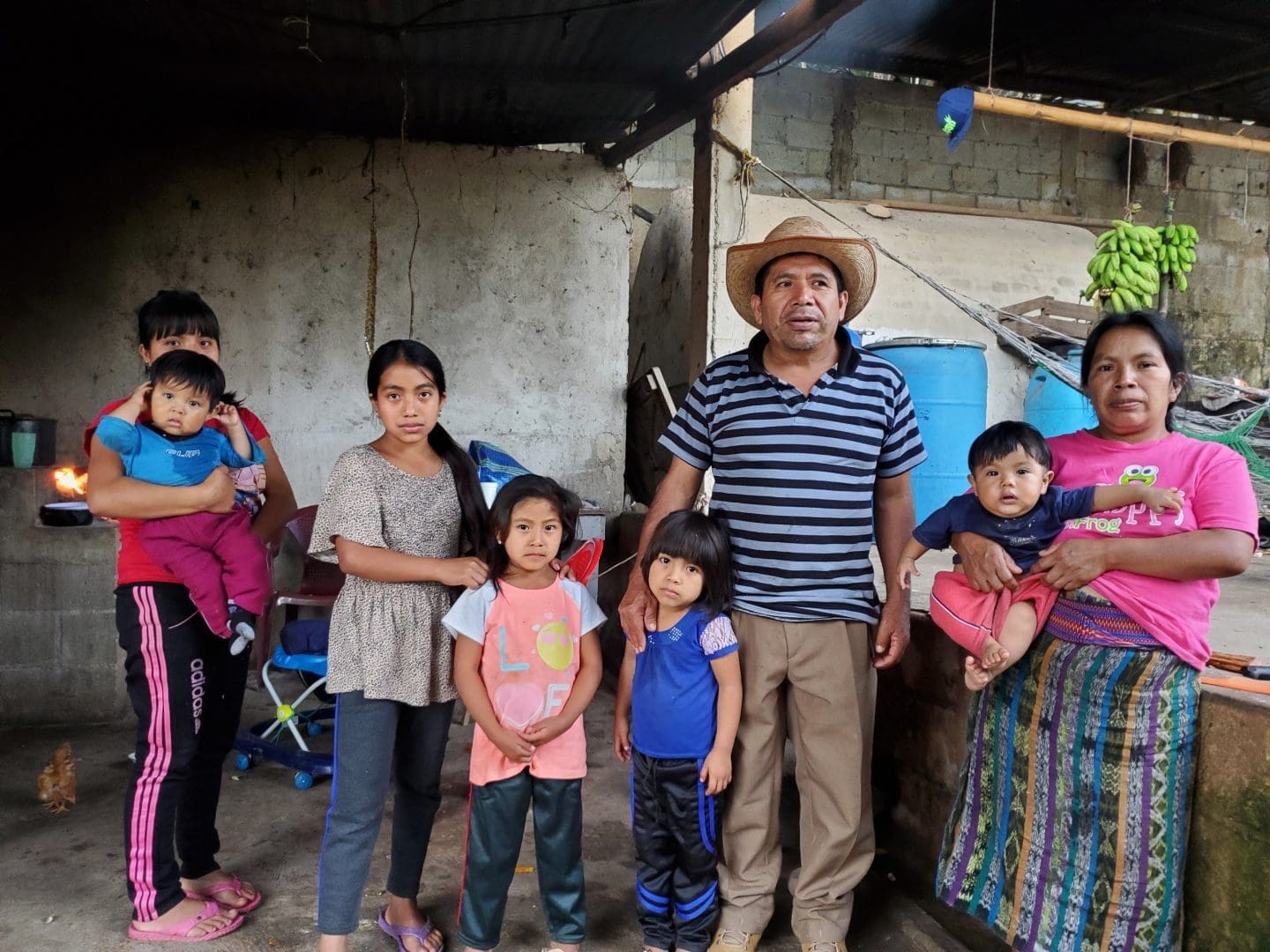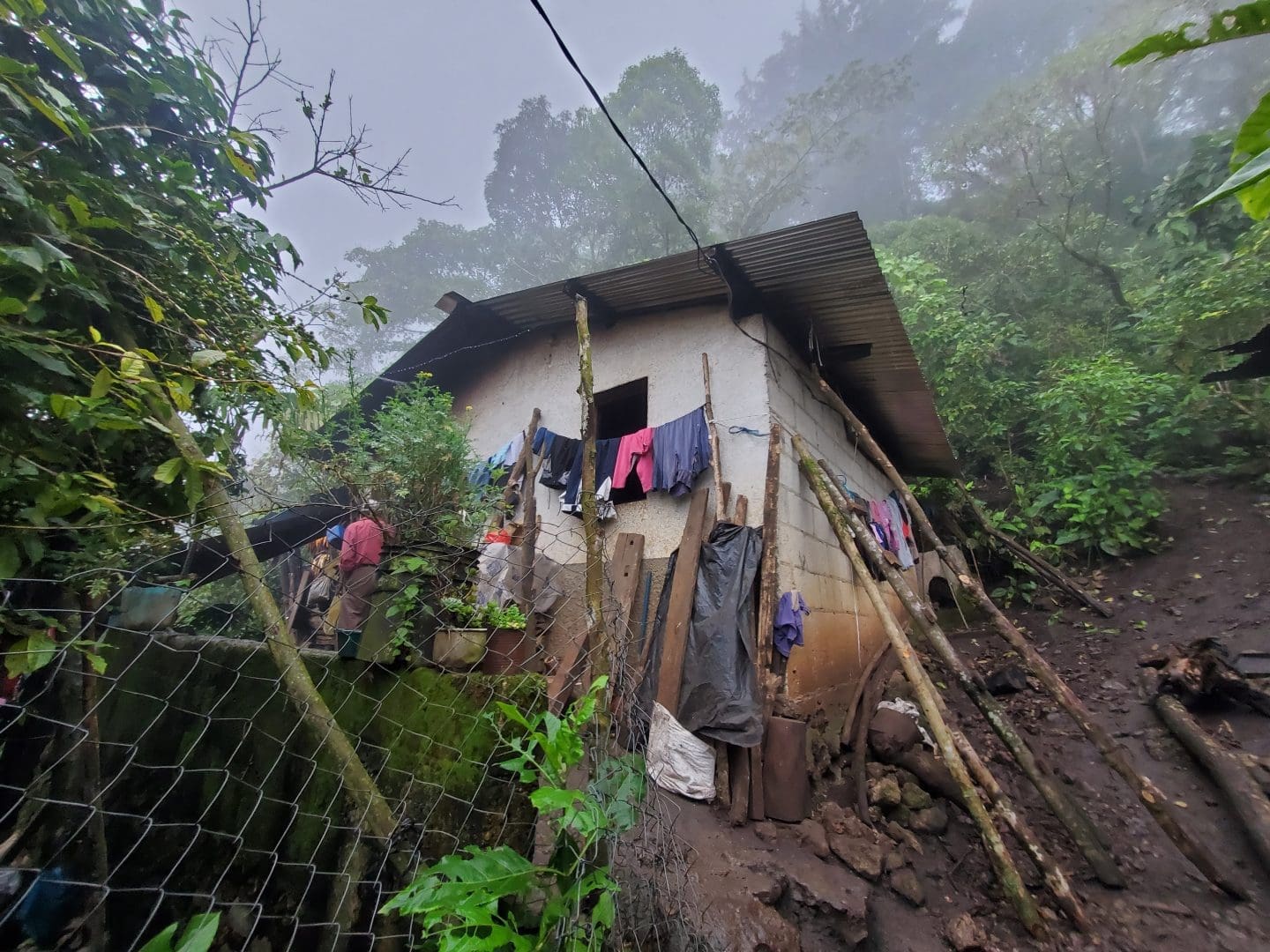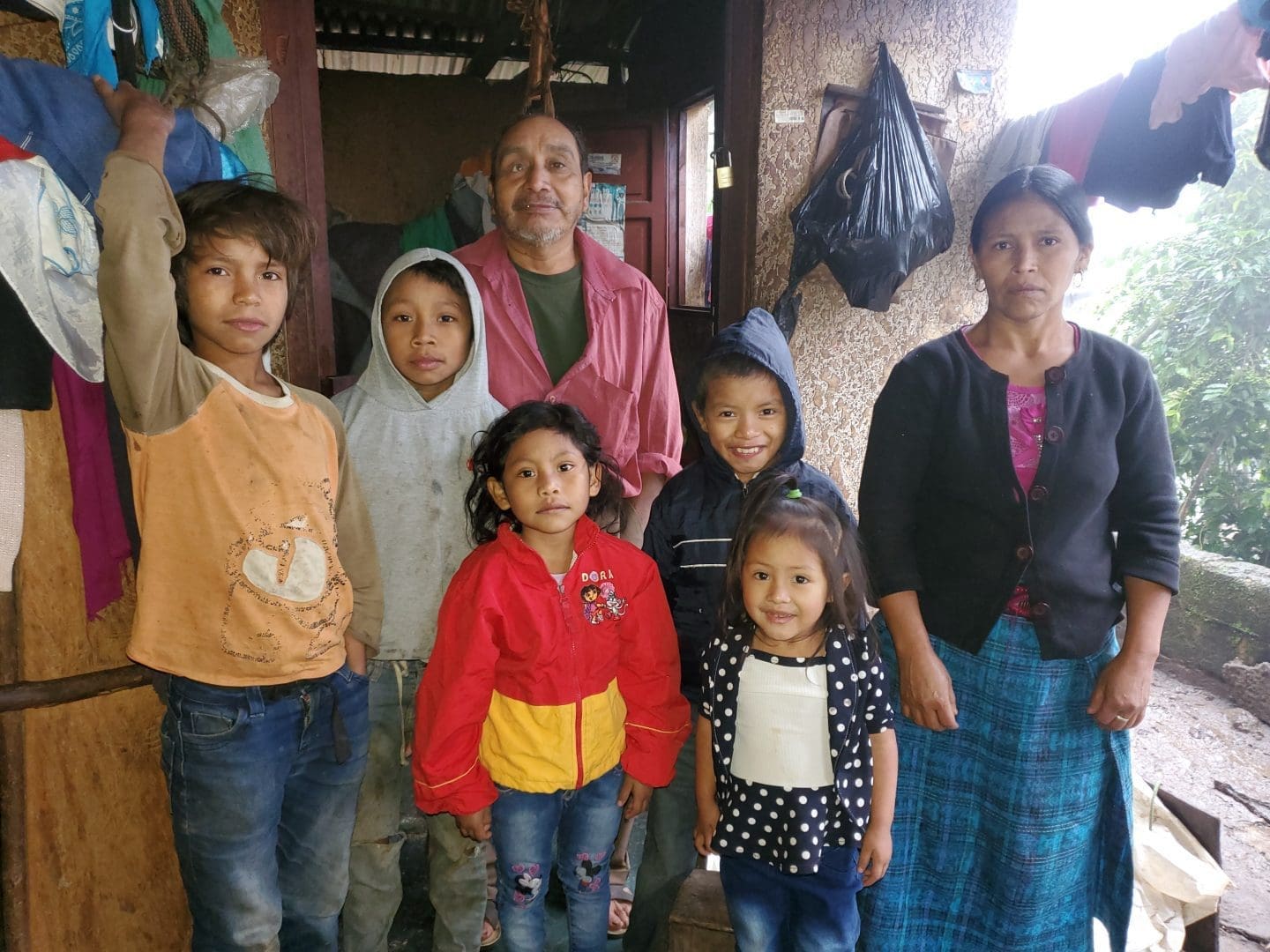Life for people living in rural Huista in western Guatemala is often precarious. Recently, due to COVID-19 and other factors, the economic situation has deteriorated, and its people are now facing the real threat of famine.
The campaign, “Planting the seeds of a better future”, will provide materials, knowhow and support to local families to establish subsistence gardens. They can then start to improve their livelihoods by growing, tending and harvesting their own crops as the basis for their food needs.
Huista is an agricultural region, dedicated largely to growing coffee, and is therefore heavily dependent on the good graces of the weather. However, the area is part of what is known as the ‘Dry Corridor,’ a region of Central America that is particularly vulnerable to irregular rainfall, causing both severe droughts and flooding.
Recently, the economic situation has deteriorated, due to a fall in coffee prices, the proliferation of the disease known as coffee rust, and severe droughts. Many people in Huista were facing the real risk of famine – and the COVID-19 pandemic has intensified the challenges for people living in these communities, causing high unemployment and seriously limiting the ability of families to provide food.
These donations will be used to provide the seeds, materials, knowhow and support to establish their own subsistence gardens. This would allow each family to grow nearly 440 square meters of corn and 220 square meters of beans using local, native and Creole seeds; to start 1 small family garden that includes vegetables and medicinal plants, which can be used l as crops of medicinal plants that allow families to produce their own medicines to treat disease; to plant two citrus trees (orange and lemon); and to raise of 3 fattening birds (chompipollo).
This is not a one-time donation of foodstuffs to cover an emergency. Rather, we believe that by providing the seeds, other materials and technical support, these families can start to improve their livelihoods by growing, tending and harvesting their own crops as the basis for their food needs. And a well-nourished, healthier population is the first step toward a better future in the Huista region.

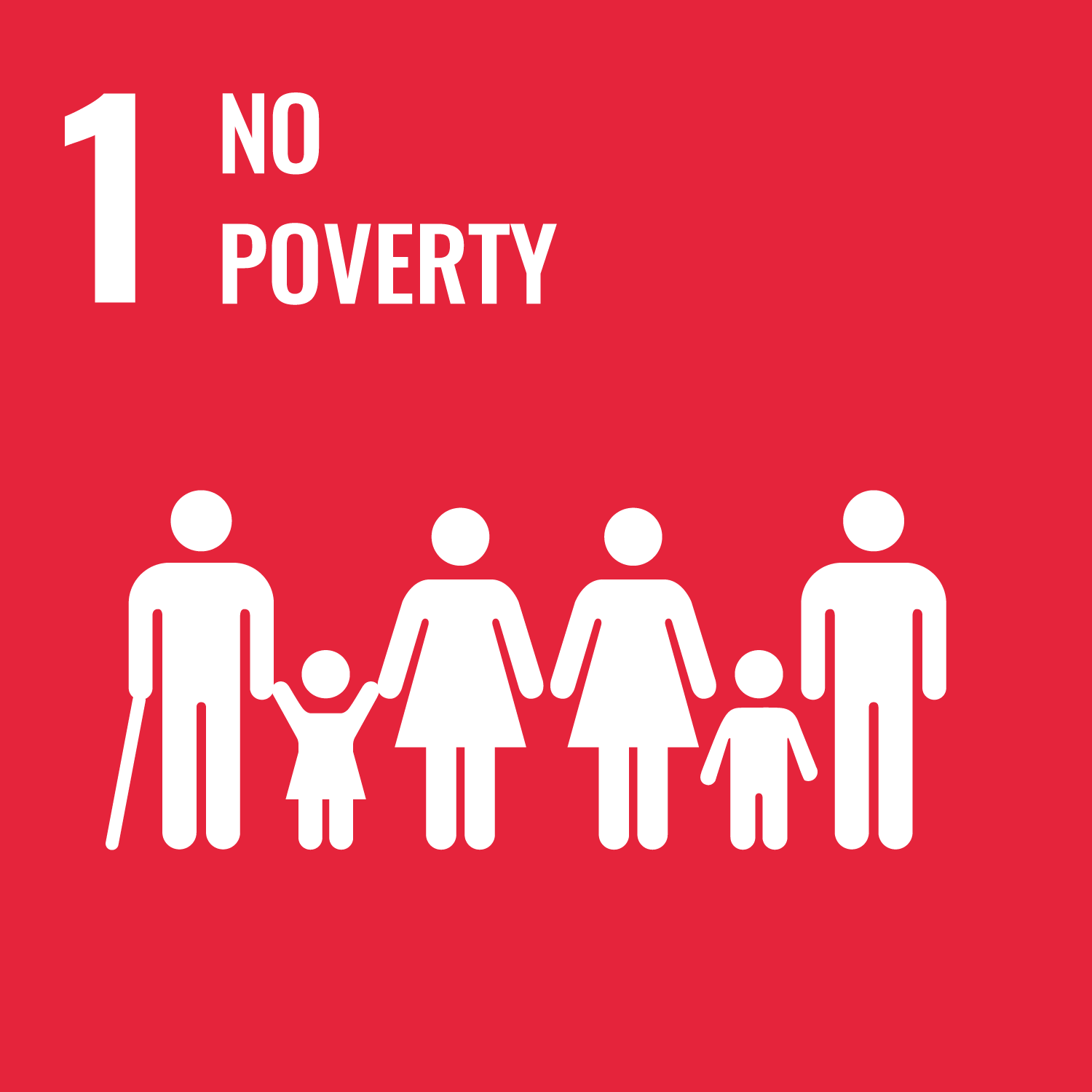 ,
, 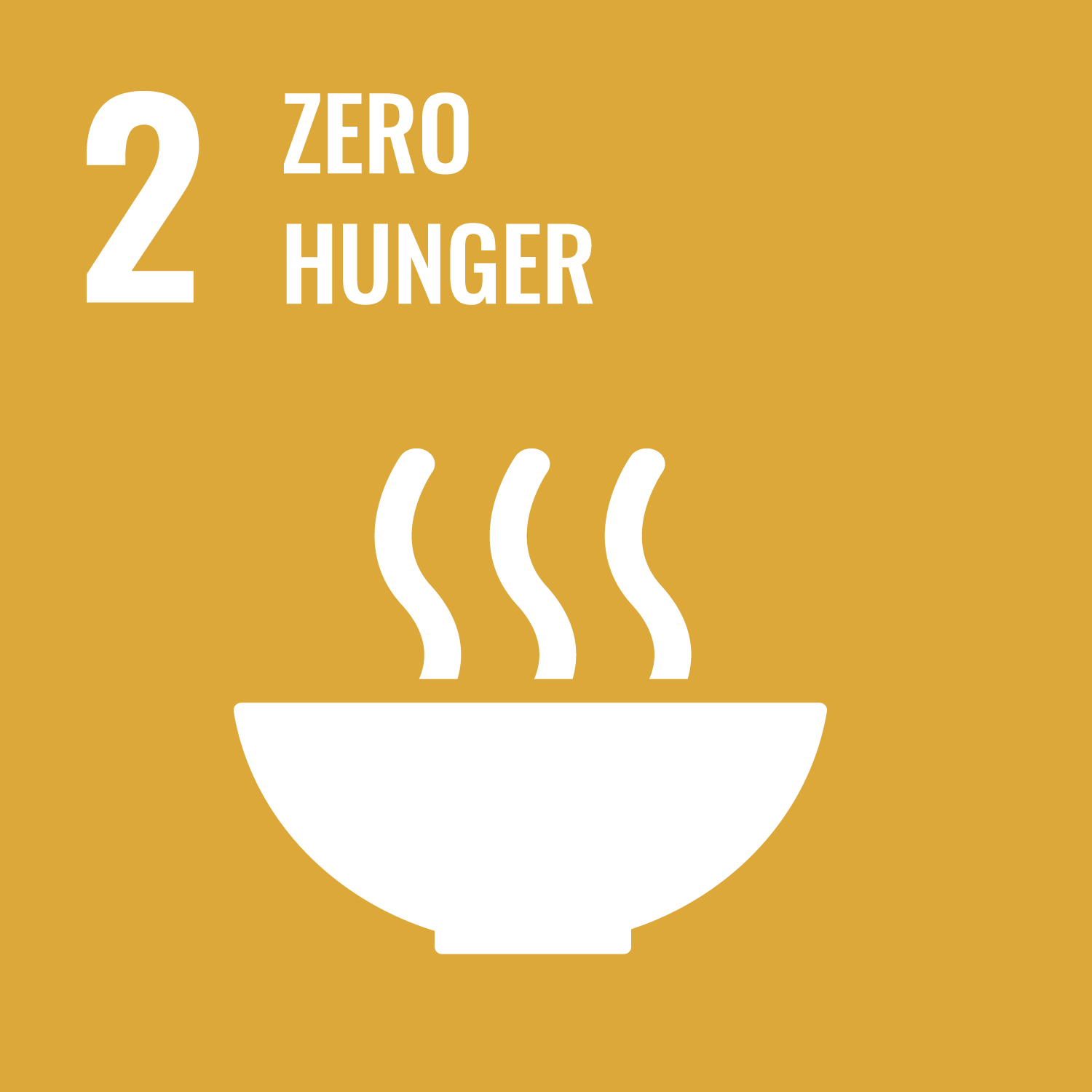 ,
, 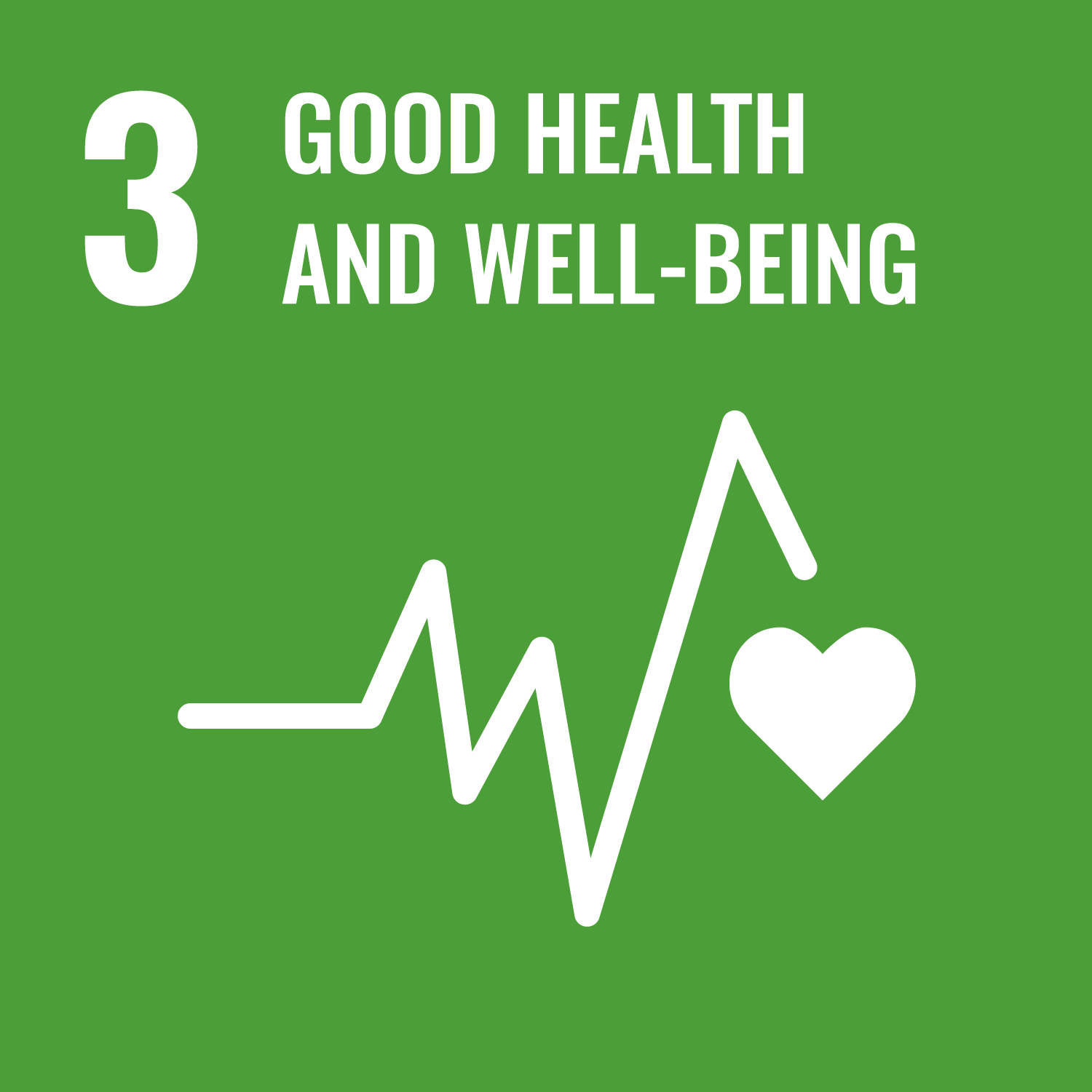 ,
, 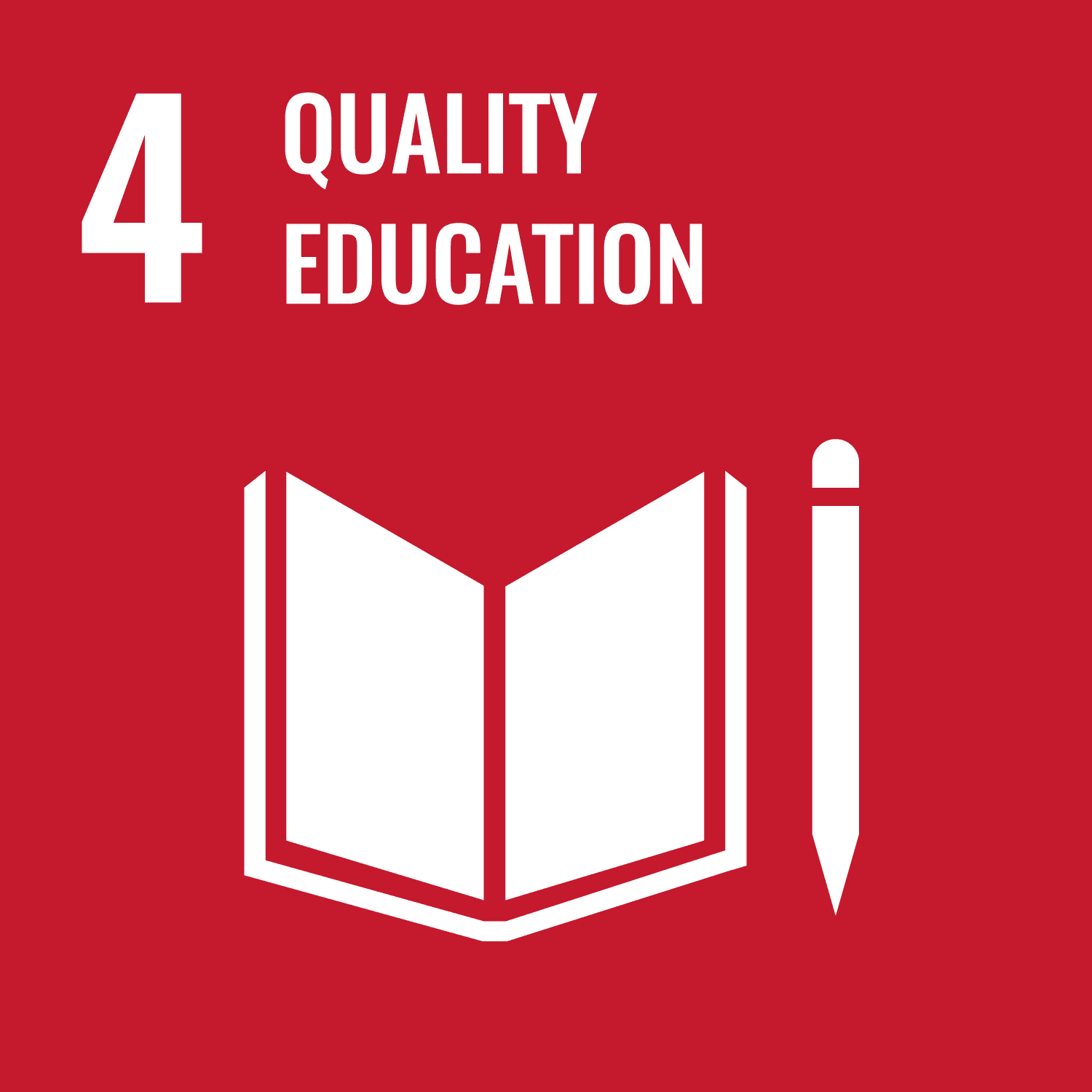 ,
, 